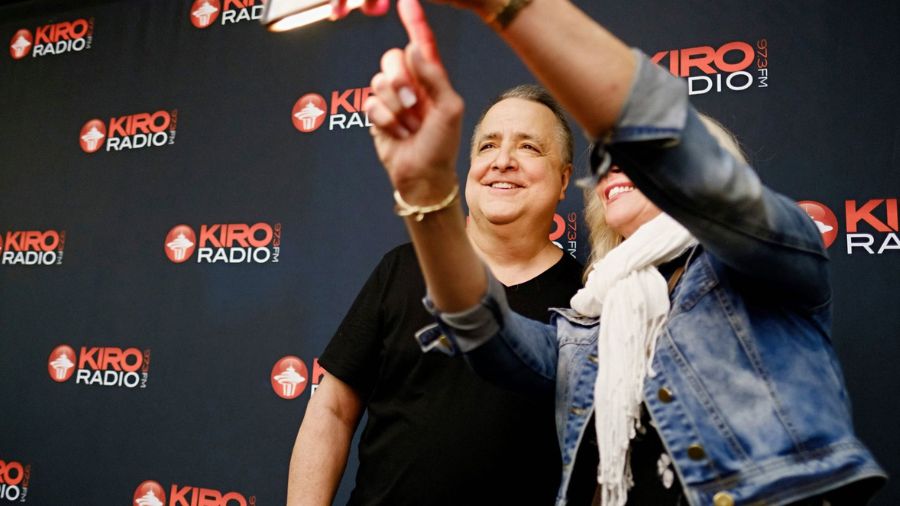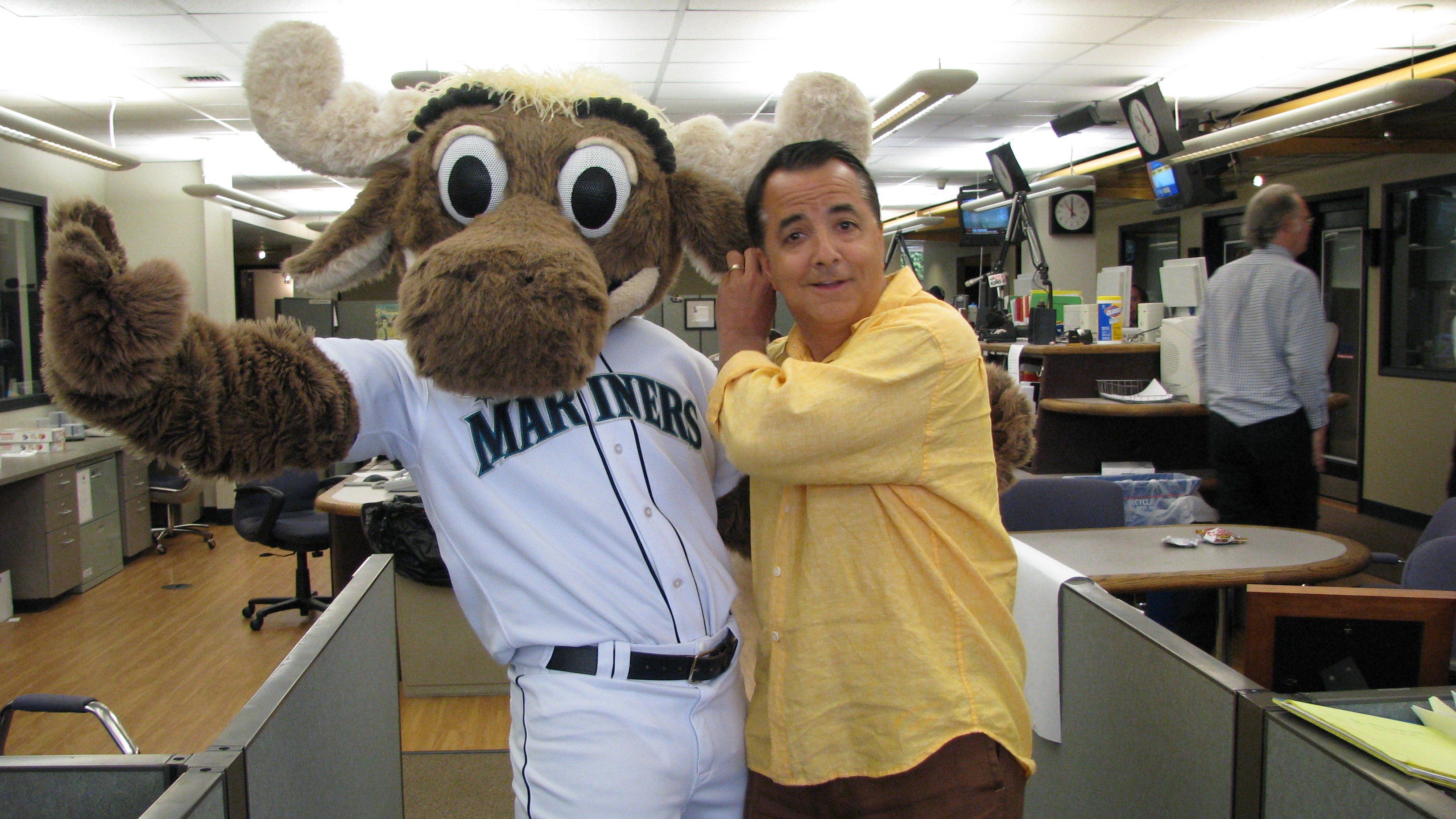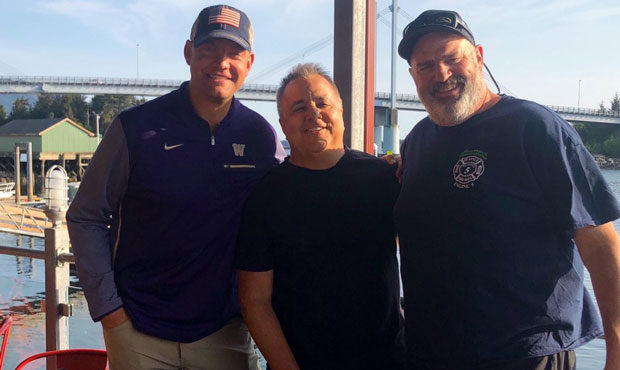Washington environmental expert: Plastic bag ban does more harm than good
Nov 29, 2018, 6:24 PM

Plastic lines the beach in Tauranga, New Zealand in 2011. (AP Photo/New Zealand Herald, Mark Mitchell)
(AP Photo/New Zealand Herald, Mark Mitchell)
Environmental advocates in Washington are pushing for a statewide plastic bag ban like the ordinances in Seattle and Tacoma — but one environmental writer disputes the effectiveness of such a ban on ridding the world’s oceans of plastic waste.
Todd Myers, director of the Washington Policy Center’s Center for the Environment, told KIRO Radio’s Dori Monson that a plastic bag ban actually creates more problems for the environment than it solves. It’s an argument he outlined in a Tacoma News Tribune editorial two years ago, and one he said that ecological activists in the Pacific Northwest don’t want to hear.
“Working in the environment, being the guy who says banning plastic is bad for the environment gets me a lot of weird looks,” he joked.
RELATED: Ban on plastic bags belongs in China, not Washington
This is because environmentalists “become emotionally attached to particular policies, and then when you tell them that that policy doesn’t actually help the planet, they stick with their emotion rather than the data,” Myers said.
He observed that the exception to this is money-saving environmental policies such as energy conservation, which people are happy to embrace for the financial benefits.
Plastic bag ban advocates argue that the measure is necessary to help de-pollute the world’s oceans. However, Myers pointed out, most of the plastic clogging ocean waters did not come from the U.S.
“Sri Lanka, which is basically a small island off of India, puts five times as much plastic into the ocean as the entire United States,” Myers stated.
While he is all for bringing the U.S.’s plastic pollution rate down to zero, Myers wants to do so in a way that ensures “the solution isn’t worse than the disease.”
As Myers noted, ironically, a person who carries a reusable cotton tote bag at the grocery store instead of single-use plastic bags would actually need to use the cotton bag 300 times to break even for the amount of pollution caused by the production of one cotton bag.
Growing cotton requires fertilizer, which runs into rivers, causing a process called eutrophication, during which oxygen is removed from the water. Eutrophication creates “dead zones” in bodies of water, where organisms cannot survive due to the low level of oxygen.
“At the end of the day, plastic does use less energy to make, and it does cause less impact on water pollution,” Myers said.
Cleaning up the dead zones of eutrophication in bodies of water is far more crucial than enacting plastic bag bans in the United States, Myers said.
“Banning plastic bags would exacerbate the worst problem and not solve the problem in the ocean,” he argued.
A common argument made by plastic bag ban proponents is that very few single-use plastic bags are actually recycled after they are used to carry purchases. However, Myers said, this statistic does not count the plastic bags that people reuse for purposes that render them ineligible for recycling, such as to carry food, garbage, or dog waste on a walk. Reusing the bags is greener than using them just one time.
“The advocates of this ban know why people don’t recycle bags, and they know that it’s because they reuse them,” he said. “So saying that only a small percentage are recycled, I think, is intentionally misleading — it’s dishonest on their part.”
Those who favor paper bags over fabric bags have no reason to feel bad either, according to Myers, as the trees used for paper in the United States are grown specifically for that purpose.
“When you use a piece of paper, you are not destroying a forest — you are actually giving an economic incentive for a forest to remain,” he said. “Because if they don’t grow trees in the crop … they will cut down those trees and replace them.”













